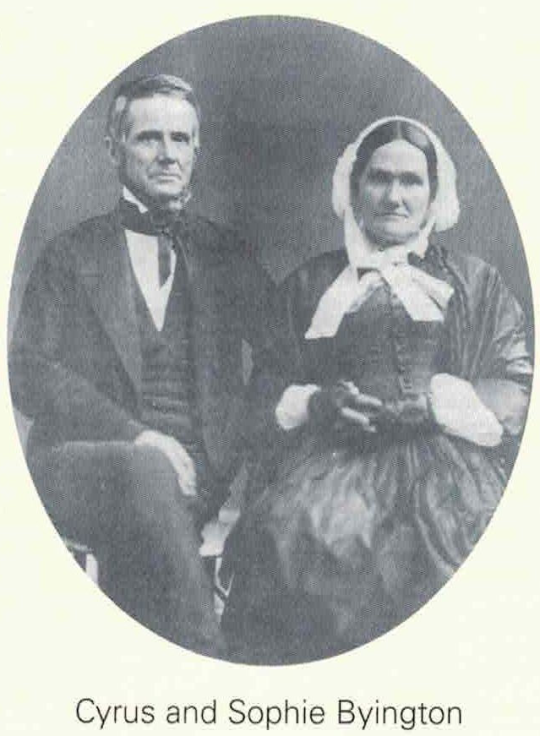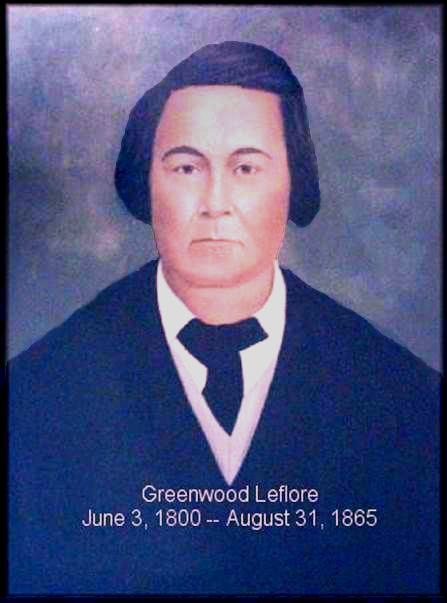
Every so often, the true makers of history, those who impact the personal destinies of men, women, and children, find their way into a book that purports to present as representative history the acts of an exclusive company of the most talented, ambitious, strong, and even villainous. Cyrus (1793-1868) and Sophie (1800-1880) Byington, like others after them (Chapters 3, 4, et al.) forsook opportunities that might have brought them fortune, fame, and comfort. Instead, they labored as Christian missionaries in perpetual borderline poverty at rough remote stations serving
Cyrus and Sophie Byington folk their own society ignored or, literally, removed from their presence. They did so amidst conflict with friends, accusations from friends and enemies alike, and brutal war. And they did not forsake those they served even until death.

Pushmataha
“These white Americans… give us fair exchange, their cloth, their guns, their tools, implements, and other things which the Choctaws need but do not make…. So in marked contrast with the experience of the Shawnee, it will be seen that the whites and Indians in this section are living on friendly and mutually beneficial terms.”
-Pushmataha, 1811

Tecumseh
“Where today are the Pequot? Where are the Narragansett, the Mochican, the Pocanet, and other powerful tribes of our people? They have vanished before the avarice and oppression of the white man…. Sleep not longer, o Choctaws and Chickasaws…. Will not the bones of our dead be plowed up, and their graves turned into plowed fields?”
- Tecumseh, 1811
|
Read the entire Oklahoma story in John J. Dwyer's The Oklahomans: The Story of Oklahoma and Its People volume 1 of a 2-part series on the 46th state and the people who make this state very special. |

|








 RSS Feed
RSS Feed
